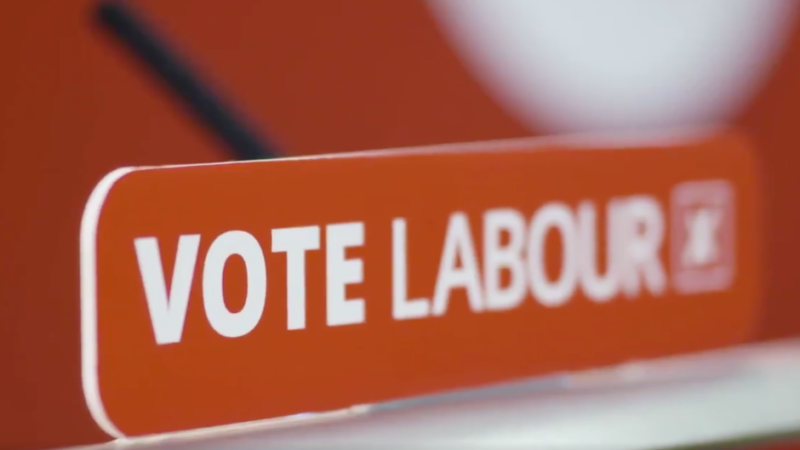
Since we last sent a morning email on Thursday, lots of Labour news has happened. Firstly, new leader Keir Starmer completed his appointments to the opposition frontbench. After announcing a shadow cabinet that rewarded quiet middle-of-the-party types, the remaining shadow ministerial picks took a turn by favouring the party’s right. Out went Corbynites such as Bell Ribeiro-Addy – in fact, none of the 2019 intake survived and all new MPs are now on the backbenches. In came Wes Streeting, Jess Phillips, Conor McGinn, Liz Kendall, and other vocally anti-Corbyn MPs. You can see the full list here and read my snap analysis here.
On the Sunday shows, Starmer set out his approach to opposition during the coronavirus crisis in surprisingly candid terms. He said there was a “mismatch” between what the government and frontline health workers were saying about the supply of personal protective equipment. (Unite the Union has called for a new minister specifically responsible for PPE delivery.) He also called for parliament to be recalled as soon as possible. But he confirmed that he was “trying to resist calls for apologies or criticising past decisions”. Alert to the likelihood that he could be accused of ‘point scoring’, Starmer is treading very carefully.
Labour politics on Sunday soon became much more chaotic. An internal report on the party’s handling of antisemitism complaints was leaked to journalists and then distributed on social media. Its contents are highly controversial. The document claims to have pulled together thousands of emails and WhatsApp messages by senior staff in Labour HQ, and concludes from those communications as well as party records that disciplinary cases were indeed mishandled – but that antisemitism complaints were not botched any more than other types, and that the situation was particularly dire before Jennie Formby took over as general secretary.
You can find a summary of the 851-page report here on LabourList, and my explainer on what the report says and why it matters for the Guardian here. Our columnist Sabrina Huck has shared her reflections on the contents of the document here, in a piece that deftly explains why the leak has provoked an emotional response from many Labour members. For example, the report appears to reveal that senior staffers mocked Diane Abbott for crying in the toilets and told a reporter about her location. Such nasty treatment of the first black MP, one of Labour’s own representatives, who is disproportionately targeted for abuse anyway, has naturally infuriated and hurt members of the party. It is heart-breaking.
Keir Starmer and Angela Rayner released a joint statement on Monday in response to the leak. They are set to commission an “urgent independent investigation” into the creation of the report, its contents and how it entered the public domain. This last point has been included because the unredacted report was distributed on social media, which revealed the names of complainants – likely constituting a data breach, and potentially carrying risks for particularly Jewish people who complained to the party about antisemitism. For now, Starmer can point to the new independent probe when asked to comment on the report. But further down the line there are decisions to be made that will determine whether Labour can truly be a party that works against racism and misogyny.
Sign up to LabourList’s morning email for everything Labour, every weekday morning.



More from LabourList
‘Energy efficiency changes must work for older private renters’
‘Labour’s creative destruction dilemma’
Economic stability for an uncertain world: Spring Statement 2026